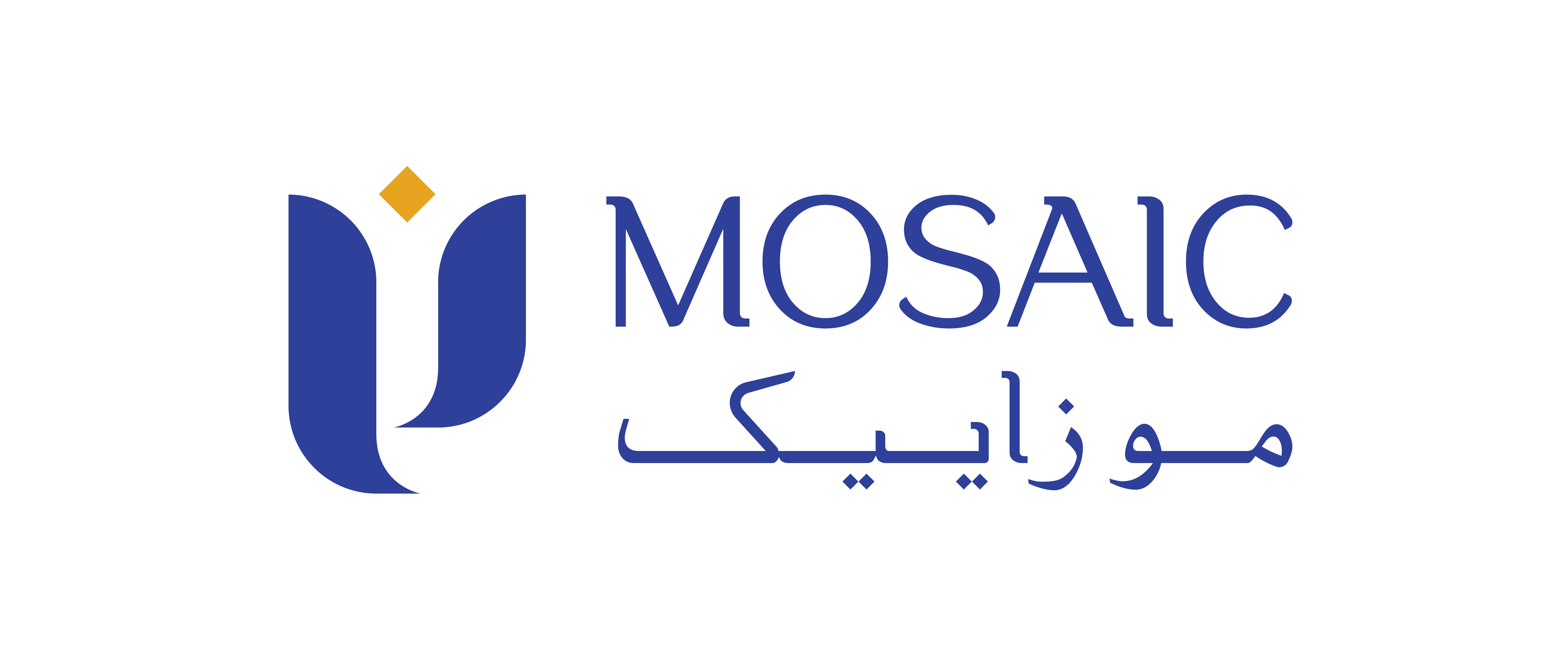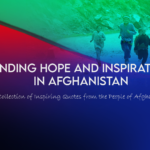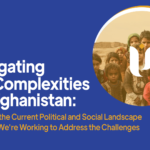Afghanistan is only one of the many susceptible populations that have been severely impacted by the COVID-19 outbreak. Mosaic Afghanistan, a non-profit organisation that supports communities in Afghanistan, the UK, and other nations, has been closely monitoring the situation and striving to help individuals in need.
The pandemic’s economic effects on Afghanistan have been among its most notable effects. Afghanistan is a developing nation that depends significantly on international aid and trade, and the pandemic’s impact on the global economy has been felt strongly there. Afghanistan’s GDP is anticipated to decrease by 2.9% in 2020, while the rates of poverty and unemployment are anticipated to increase. For vulnerable groups who are frequently the first to be impacted by economic hardship, such as women, children, and the elderly, this is especially troubling.
The pandemic’s economic effects on Afghanistan have been among its most notable effects. Afghanistan is a developing nation that depends significantly on international aid and trade, and the pandemic’s impact on the global economy has been felt strongly there. Afghanistan’s GDP is anticipated to decrease by 2.9% in 2020, while the rates of poverty and unemployment are anticipated to increase. For vulnerable groups who are frequently the first to be impacted by economic hardship, such as women, children, and the elderly, this is especially troubling.
Afghanistan’s educational system has been significantly impacted by the pandemic. Many children have been unable to finish their education since schools have been shuttered to stop the virus from spreading. Girls in particular should be concerned because they are frequently the first students pulled out of class during emergencies. Families have also been impacted by school closures, with many finding it difficult to care for their kids without the help of school meals and other services.
The COVID-19 pandemic has also had a significant effect on Afghanistan’s most vulnerable populations’ mental health. An increase in mental health problems like anxiety and depression has been linked to the stress and uncertainty brought on by the pandemic. Given that women and children are often those most impacted by mental health concerns, this is especially worrisome.
Despite these challenges, Mosaic Afghanistan is working hard to provide support and aid to vulnerable populations in Afghanistan. We are providing food and other essential supplies to families in need, as well as supporting healthcare and education programs. We are also working to promote mental health and well-being through our programs, and to provide assistance to refugees and other displaced populations.
It’s important to remember that the COVID-19 pandemic has affected the entire world, not just Afghanistan, and it’s still ongoing. The epidemic has made it clear how crucial it is to meet the needs of vulnerable groups and cooperate to create a more resilient and equitable world. As a non-profit organisation, Mosaic Afghanistan is dedicated to carrying on its support of communities in Afghanistan and all around the world, and we implore others to
do the same. Even in the midst of a global crisis, working together, we can significantly improve the lives of the most at-risk populations.
